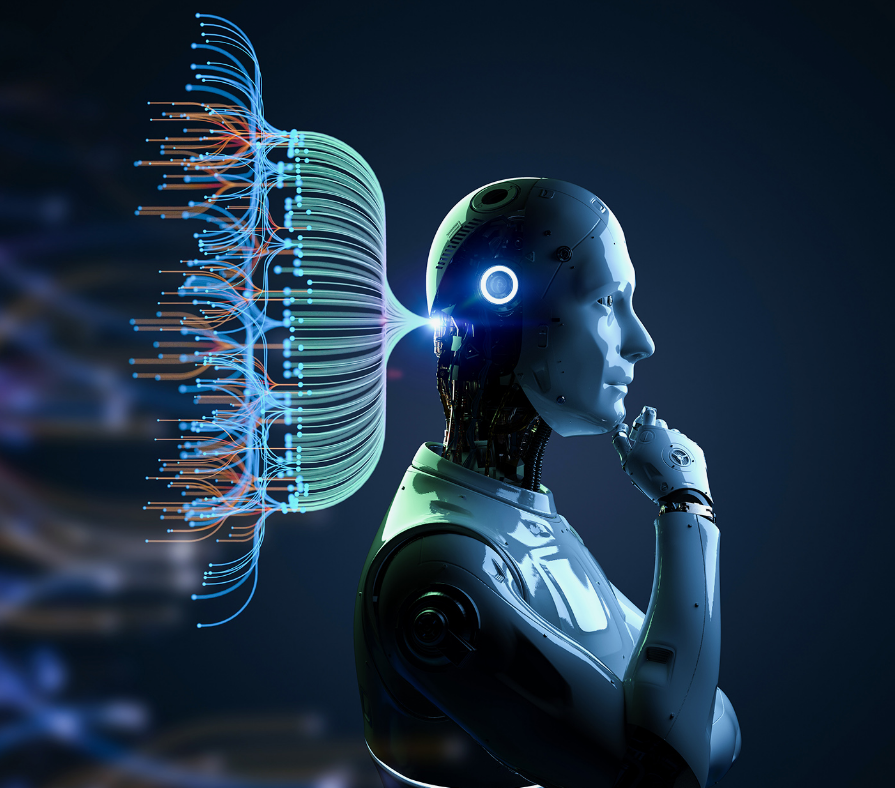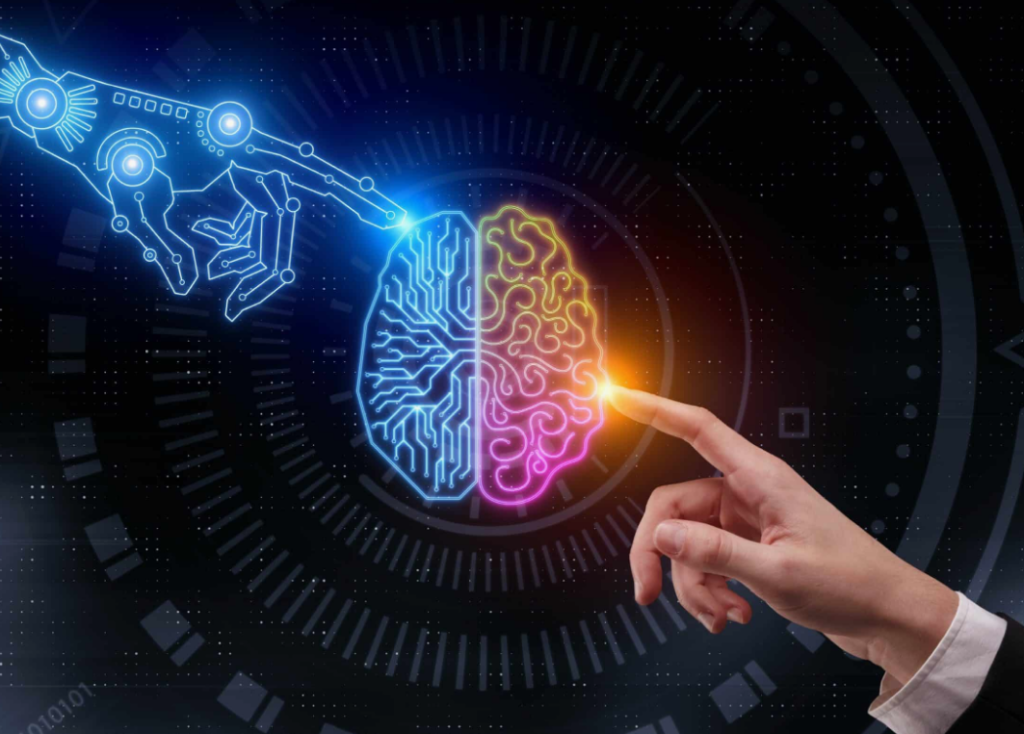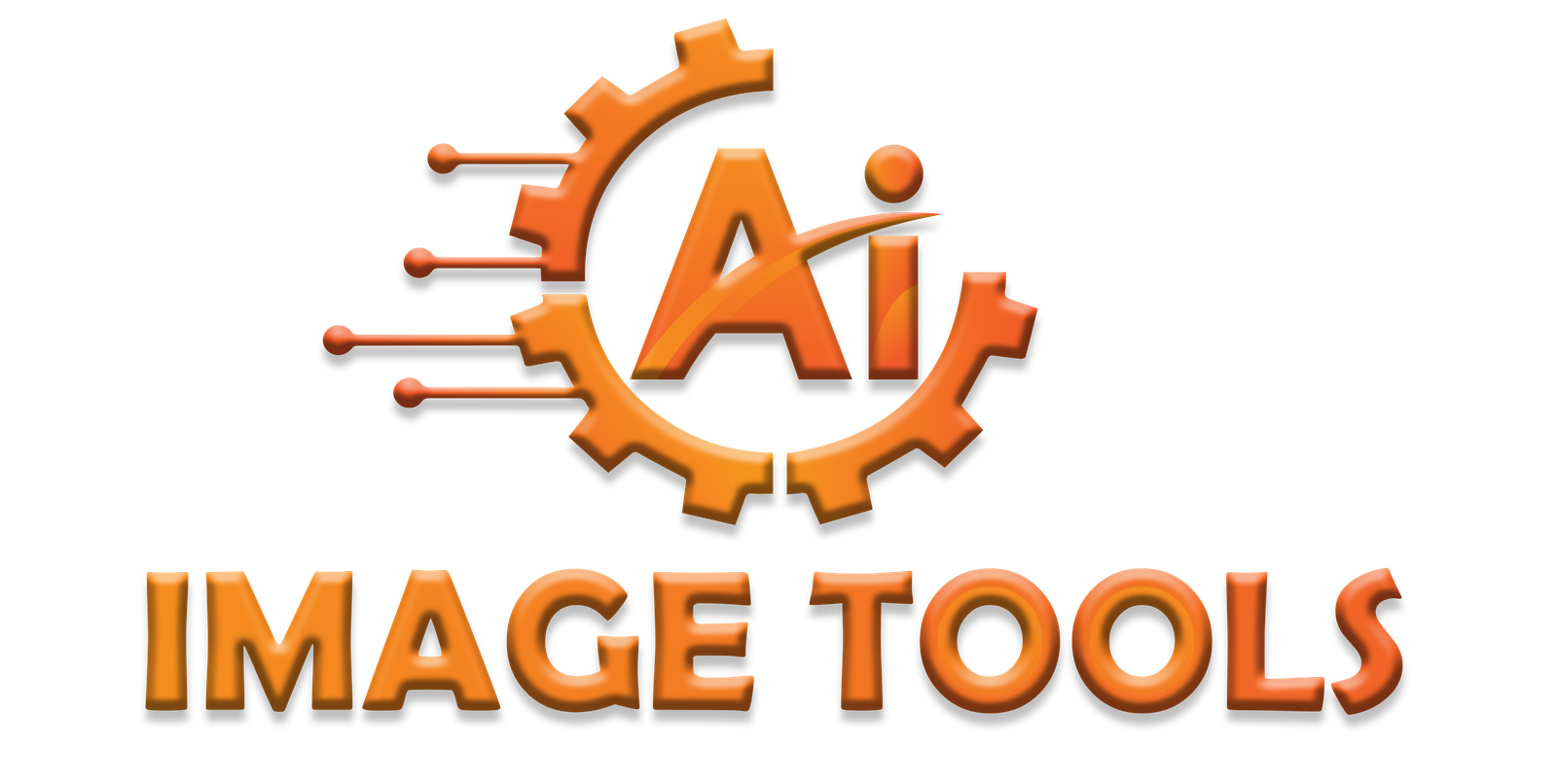The latest AI innovations encompass a wide range of groundbreaking developments, including responsible AI, multimodal AI, and advanced biometric technologies. These innovations are revolutionizing industries and impacting society in various ways. For instance, responsible AI is enhancing user interaction through virtual assistants, while multimodal AI is driving enhanced creativity and innovation. Additionally, the future of biometrics holds promise with the implementation of new AI technologies such as gait recognition and DNA-based biometrics.
Furthermore, major tech companies like Alphabet are continually advancing artificial intelligence across various sectors, showcasing the ongoing evolution of AI technologies. From cutting-edge tools to futuristic robots, the AI landscape is constantly evolving and shaping the future of technology and society.
Latest AI Innovations

Table of Contents
Advancements In AI Technology
AI technology continues to evolve rapidly, paving the way for groundbreaking innovations in various sectors. From natural language processing to computer vision, the latest AI developments are reshaping the way we interact with technology.
Natural Language Processing- Latest AI Innovations
One of the key areas of advancement in AI technology is natural language processing. AI systems now can understand and generate human language, leading to improved language translation services and virtual assistant capabilities.
Computer Vision- Latest AI Innovations
Computer vision is another critical aspect of AI innovation, enabling machines to interpret and analyze visual information. With advancements in object recognition and image classification, AI-powered systems are revolutionizing industries such as autonomous vehicles and medical imaging.
Applications of AI In Various Industries
Discover how Artificial Intelligence (AI) is revolutionizing various industries through innovative applications. AI is reshaping the landscape of healthcare, finance, and automotive sectors, bringing about efficiency and advancement in processes.
Healthcare
AI in healthcare is transforming patient care, diagnosis, and treatment through predictive analytics and personalized medicine.
Finance
AI is optimizing financial services with algorithms for fraud detection, risk management, and automated trading.
Automotive
AI is driving the automotive industry towards autonomous vehicles, enhancing safety, navigation, and overall driving experience.
Ethical Considerations In AI Development
Ethical considerations play a crucial role in the development of AI innovations, ensuring responsible and fair implementation in society. As the latest AI technologies continue to evolve, it is imperative to prioritize ethical standards to address potential biases and ensure the well-being of individuals impacted by these advancements.
Artificial Intelligence (AI) has become an increasingly popular field, with innovations being developed every day. However, with the rise of AI comes ethical considerations that need to be taken into account during development. In this post, we will focus on the ethical considerations of AI development, particularly privacy concerns and bias and fairness.
Privacy Concerns
One of the main ethical considerations in AI development is privacy. With AI being used to collect and analyze large amounts of data, there is a risk of privacy breaches. Developers need to ensure that they are collecting data ethically and with the user’s consent. Additionally, they need to ensure that the data is stored securely and is not accessible to unauthorized parties.
Bias And Fairness
Another important ethical consideration in AI development is bias and fairness. AI systems are only as good as the data they are trained on. If the data is biased, the AI system will also be biased. This can lead to discrimination and unfair treatment of certain groups. Developers need to ensure that they are using unbiased data and that their AI systems are fair to all users. In conclusion, as AI technology continues to advance, ethical considerations need to be taken into account during development. Privacy concerns bias and fairness are just a few of the ethical considerations that need to be addressed. By ensuring that AI is developed ethically, we can create a future where AI technology benefits everyone.
Challenges Facing AI Implementation
As artificial intelligence (AI) continues to advance, the challenges facing its implementation are becoming increasingly apparent. From data security concerns to regulatory hurdles, businesses, and organizations are confronted with a range of obstacles that must be addressed to ensure the successful integration of AI technologies.
Data Security
Data security is a paramount concern in the implementation of AI systems. The vast amount of data required for training and operating AI models presents a significant risk if not properly secured. This includes protecting sensitive information from unauthorized access and ensuring compliance with data protection regulations.
Regulatory Hurdles
Regulatory hurdles pose a substantial challenge to the widespread adoption of AI. Navigating the complex landscape of laws and regulations governing AI technologies, such as privacy laws and industry-specific regulations, requires meticulous attention to compliance and a comprehensive understanding of the legal framework.

Impact of AI on The Job Market
As AI continues to advance, its impact on the job market is becoming more evident. The latest AI technology news and innovations in AI are reshaping the way work is done across various industries. It’s essential to understand the implications of AI on the job market, including the automation of tasks and skill shifts.
Automation of Tasks
AI innovation examples such as autonomous vehicles and machine learning have led to the automation of repetitive tasks in various industries. This has streamlined processes, increased efficiency, and reduced the need for manual labor in certain roles.
Skill Shifts
With the latest AI technology in 2024, there is a noticeable shift in the skills required in the job market. As tasks become automated, there is a growing demand for skills related to AI, such as natural language processing and responsible AI. This shift emphasizes the need for continuous learning and upskilling to remain relevant in the evolving job market.
Future Trends In AI
Experience the cutting-edge with the latest AI innovations reshaping technology. From AI-powered hyper-automation to autonomous vehicles and generative AI, witness the future of AI unfold. Explore how AI is revolutionizing industries with responsible AI, multimodal AI, and machine learning advancements.
Explainable AI
Explainable AI, often referred to as XAI, is a critical development in the field of artificial intelligence. It focuses on creating AI systems that can provide understandable explanations for their decisions and actions, making them more transparent and accountable.
AI Ethics Standards
AI Ethics Standards are becoming increasingly important as AI technologies continue to advance. Establishing ethical guidelines and standards for the development and use of AI is crucial to ensure that AI systems are designed and utilized responsibly and ethically.
Advancements in AI are shaping the future of technology, with innovations that are revolutionizing various industries. From explainable AI to AI ethics standards, these developments are driving the evolution of AI and its impact on society.
One of the latest AI inventions making waves is Dedrone, a technology designed to keep our skies safe. Additionally, Otter.ai is recognized as one of the most advanced AI assistants, offering features such as meeting transcription and live automated summaries.
Furthermore, multimodal AI is a trending development, offering benefits such as enhanced creativity, innovation, and better user interaction through virtual assistants. The future of biometrics also promises to implement new AI technologies, including gait recognition, DNA-based biometrics, and brainwave authentication.
Alphabet’s spotlight on AI innovations at developer conferences and the continuous efforts to advance artificial intelligence across businesses reflect the ongoing progress in the field of AI.
AI in Research and Development
Discover the cutting-edge AI innovations revolutionizing Research and Development, including AI-powered Hyperautomation, next-generation technology advancements, and AI Pin for smart devices. Stay ahead with the latest in AI technology transforming businesses and enhancing productivity. Experience the future of AI with breakthrough inventions like Phoenix™ and Master Translator.
Drug Discovery
Drug discovery is being revolutionized by innovations in AI, enabling researchers to analyze vast amounts of data to identify potential drug candidates with greater speed and accuracy. New AI technology, such as ChatGPT, is being utilized to analyze complex biological datasets and predict the efficacy of drug compounds. By harnessing the power of AI, the pharmaceutical industry is experiencing a paradigm shift in drug development, leading to the potential discovery of groundbreaking treatments for various diseases.
Climate Modeling
AI is playing a pivotal role in climate modeling, providing scientists with advanced tools to simulate and predict complex climate patterns. Through machine learning algorithms, AI can process massive environmental datasets and generate accurate climate projections. This has significant implications for understanding and addressing the impact of climate change. AI-powered climate models are enhancing our ability to develop sustainable strategies and mitigate the effects of environmental challenges.
AI And Personalization
The latest AI innovations are revolutionizing personalization, leveraging advanced algorithms to tailor user experiences. AI-driven hyper-automation, multimodal AI, and responsible AI are paving the way for transformative technologies, enhancing society’s interaction with AI assistants, and enabling groundbreaking developments in biometrics and gait recognition.
These advancements are propelling AI into new frontiers, promising significant impacts on various industries.
Customized Recommendations
Personalization is the key to customer satisfaction, and AI is making it possible to deliver tailored experiences. One of the most significant applications of AI is in providing customized recommendations to users. By analyzing user behavior, AI algorithms can recommend products or services that align with their interests, preferences, and needs. This not only enhances the user experience but also increases the chances of conversion. For instance, Netflix uses AI to suggest movies and TV shows to its users based on their viewing history and ratings.

Tailored User Experiences
Another way AI is transforming personalization is by tailoring user experiences. With AI-powered chatbots and virtual assistants, businesses can offer personalized support and assistance to customers. These bots can analyze customer queries and provide relevant responses in real time, saving time and improving customer satisfaction. Additionally, AI can also help in creating personalized content, such as product recommendations, email newsletters, and social media posts, that resonate with individual users. In conclusion, AI is revolutionizing personalization by providing customized recommendations and tailored user experiences. By leveraging AI, businesses can enhance customer satisfaction, improve engagement, and increase conversion rates.
Conclusion
Stay ahead with the latest AI innovations in technology, transforming businesses with groundbreaking advancements like Otter. ai and Phoenix™. These inventions are revolutionizing industries and society, promising a future of enhanced creativity and efficiency. Embrace the power of AI to unlock endless possibilities for a smarter, more connected world.

